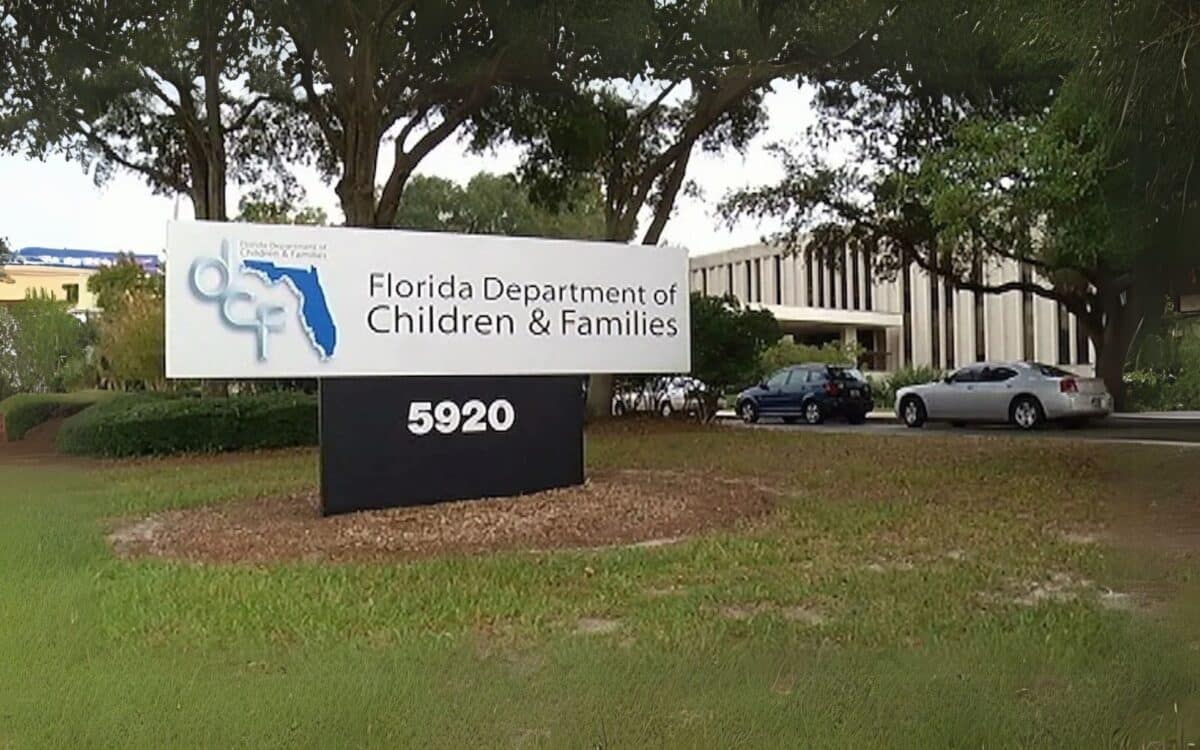Florida lawmakers are currently debating a proposal that aims to simplify the process for individuals with developmental and intellectual disabilities (IDD) to retain Medicaid services.
This proposal, which is part of the ongoing budget negotiations, would eliminate the annual redetermination requirement for Medicaid eligibility.
If passed, individuals with IDD could retain coverage indefinitely, unless their health condition changes or they no longer meet eligibility requirements.
According to the Florida Phoenix, this proposal is being discussed as part of broader budget talks that include significant decisions on health care and other sectors within the state’s fiscal planning.
A Major Shift in Medicaid Eligibility Rules
The proposed change, introduced by the Florida House, would allow people with IDD to maintain their Medicaid eligibility indefinitely without needing to undergo annual redeterminations.
This change, if passed, would apply until the individual no longer qualifies for Medicaid or their health condition evolves.
The proposal would require approval from the U.S. Centers for Medicare & Medicaid Services to take effect.
Impact on Individuals With Intellectual and Developmental Disabilities
For people with IDD, the redetermination process has long been a source of stress and complications.
Many individuals with IDD were erroneously removed from the Medicaid rolls after the public health emergency related to COVID-19 ended.
According to Valerie Breen, Executive Director of the Florida Developmental Disabilities Council, as many as 1,000 people with IDD may have lost their coverage due to administrative errors during the requalification process.
Communication Breakdowns Among State Agencies
One of the key issues identified during the redetermination process was the lack of communication between the various state agencies involved.
The Department of Children and Families (DCF), the Agency for Health Care Administration (AHCA), and the Agency for Persons with Disabilities (APD) often failed to coordinate effectively.

As Breen noted,
Those were the critical components, and the agencies did not communicate with each other.
This breakdown led to many individuals with IDD losing access to essential services such as home and community-based care, which are critical for daily activities like eating, grooming, and personal care.
They were not able to access any of those services – Breen added.
Budget Negotiations and the Broader Context
The proposal is part of the ongoing budget negotiations between the Florida House and Senate.
Lawmakers have extended the 2025 legislative session to finalize discussions on the state’s budget. The session has been extended until June 16, with discussions on how much money to allocate for the fiscal year 2025-26, which starts July 1, still ongoing.
The final budget is expected to allocate $50 billion in general revenue across various sectors, with more than $22 billion going to education and about $17.5 billion to health care.
The final budget must be printed by June 15 to be voted on by June 18, in accordance with constitutional provisions.

The proposed changes to Medicaid eligibility for people with IDD are part of a broader effort by House Speaker Daniel Perez to prioritize the needs of this population.
Another significant proposal is HB 1103, which aims to expand a small managed care pilot program statewide for individuals with IDD.
The bill also requires the APD to publish reports on the number of people with IDD served by the state and the number of people waiting for Medicaid services. Governor Ron DeSantis has already signed this legislation into law.









